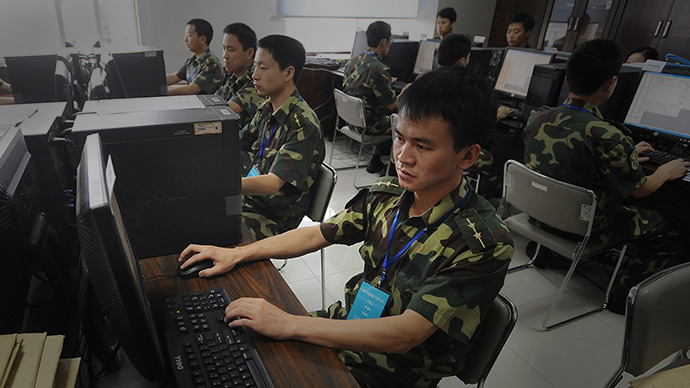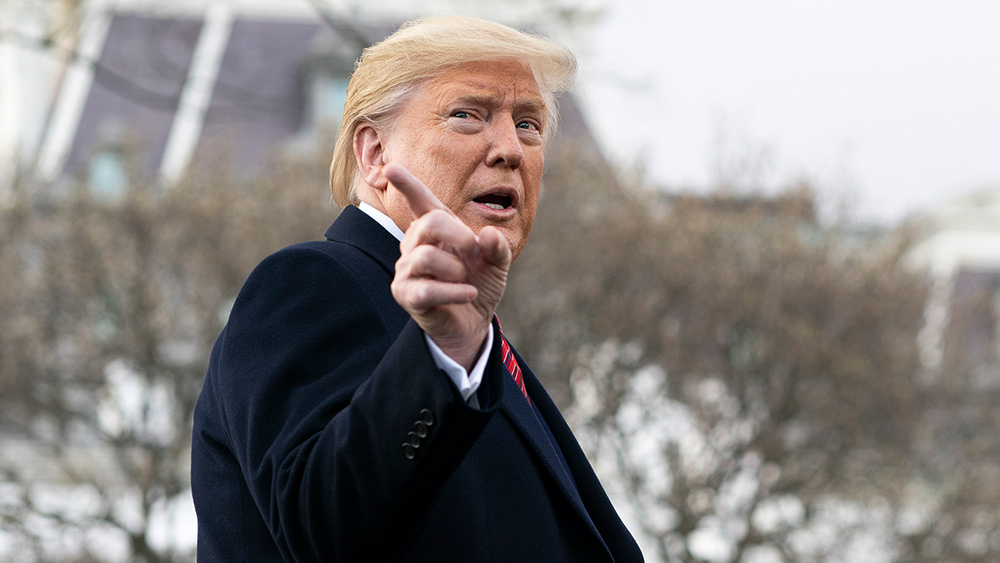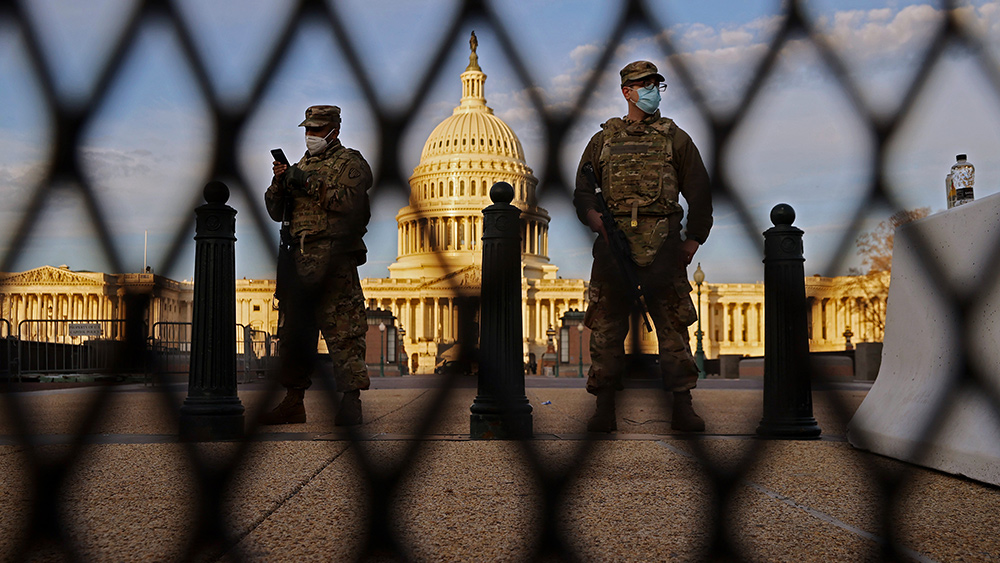
It’s becoming more than obvious that China has used its rising economic and geopolitical status to infiltrate one American institution after another, including universities where Beijing’s operatives work to steal vital information.
Another connection was uncovered just last week as a researcher at Stanford University who was having a problem with her visa was revealed as an officer in the Chinese military.
Federal authorities have charged Song Chen, 38, with visa fraud after discovering she failed to disclose her ties to China’s People’s Liberation Army, the Justice Department said.
Song entered the U.S. in December 2018 using a J-1 nonimmigrant visa, which is given to foreigners who are participating in work-and-study-based visitor exchange programs.
In her visa application submitted in November 2018, she described herself as a neurologist who was coming to Stanford University to conduct research related to brain disease. She disclosed that she served in the Chinese military from September 2000 to June 2011, and that her current employer was a Beijing hospital named “Xi Diaoyutai.”
“Open source research showed Song’s continued affiliation with the PLA Air Force in a variety of capacities well past her stated termination date of June 2011,” said FBI agent Joyce Blalock in a July 17 affidavit.
The open source intelligence used to verify Song’s background include five scientific research papers she helped co-author between 2012 and 2018. In two of the research papers, Song noted that she was aligned with the Fourth Military Medical University in Xi’an, which is the capital of northwestern China’s Shaanxi Province.
The FMMU’s website said that the institution changed its name to Air Force Military Medical University in 2017 and that the university is a part of the Air Force branch of the PLA.
In addition, the other three papers showed Song’s affiliation with the Air Force General Hospital in Beijing, which has the exact address as the Beijing hospital she listed in her visa application.
The news site continues:
The research also found a photo of Song dressed in a Chinese military uniform with insignia, on her profile page that appears on the Chinese health site “cnkang.com.” The link to her page, which was included on the affidavit, is no longer accessible.
According to the affidavit, the insignia on her uniform represented civilian cadres of the PLA, who are “active military personnel who have been appointed to junior professional technical positions or clerical ranks and above,” citing China’s Ministry of National Defense.
“I believe that Song was intentionally misleading when she claimed no association with the PLA Air Force and could not provide articulable reasons to explain her continued affiliation with elements of the Chinese military,” Blalock said. (Related: AG Bill Barr criticizes Hollywood’s coddling of Communist China.)
The FBI and DoJ noted that Song hid other aspects of her espionage, noting at one point in a letter to the Chinese consulate in New York she couldn’t send military approval documents via the Internet because they were classified.
The discovery comes as the Trump administration ordered the Chinese to close a consulate in Houston amid discoveries that Beijing has been continuing its practice of stealing intellectual property from the United States and from countries and companies abroad.
Fox News Asia analyst Gordon Chang said that the closure was also tied to Beijing’s continued attempts to undermine the U.S. government during these times of unrest, using our own freedoms against us.
“Also, there are stories that this consulate had links with protest groups in the United States providing financial and logistical support. That’s unconfirmed," he said.
"But, what is confirmed is that the Chinese Foreign Ministry and the Communist Party's global ties have been engaged in a malicious disinformation campaign, deliberately stoking racial tensions in the U.S.,” he added.
As for Song, if she is convicted, she faces a $250,000 fine and as much as 10 years in prison.
Sources include:
Please contact us for more information.





















